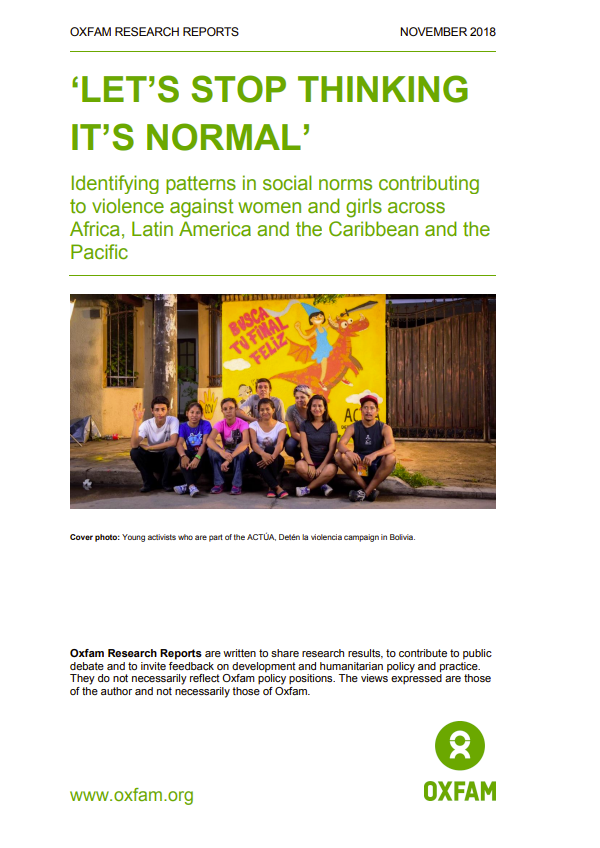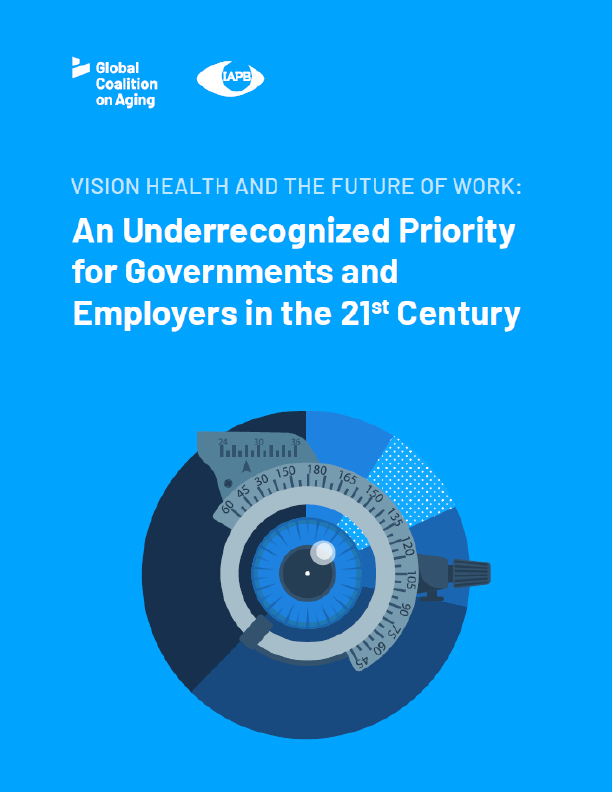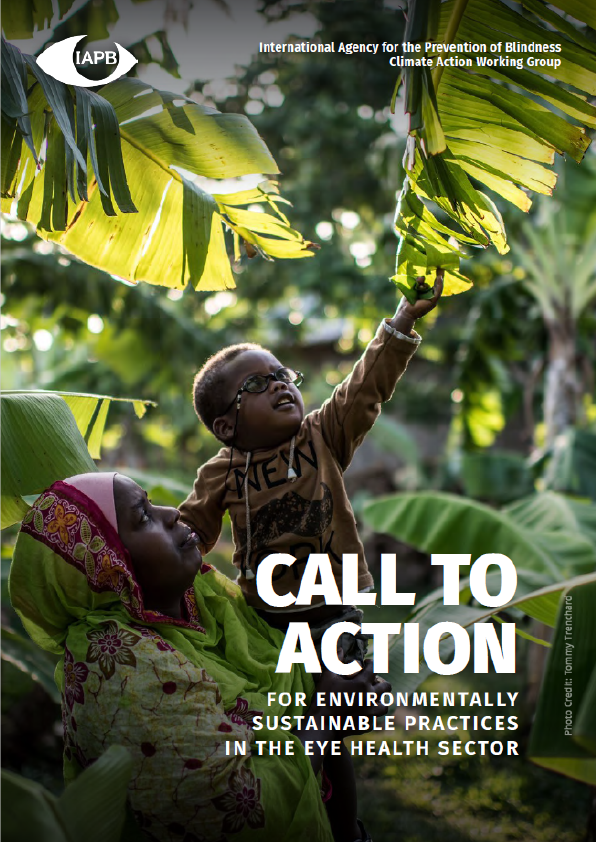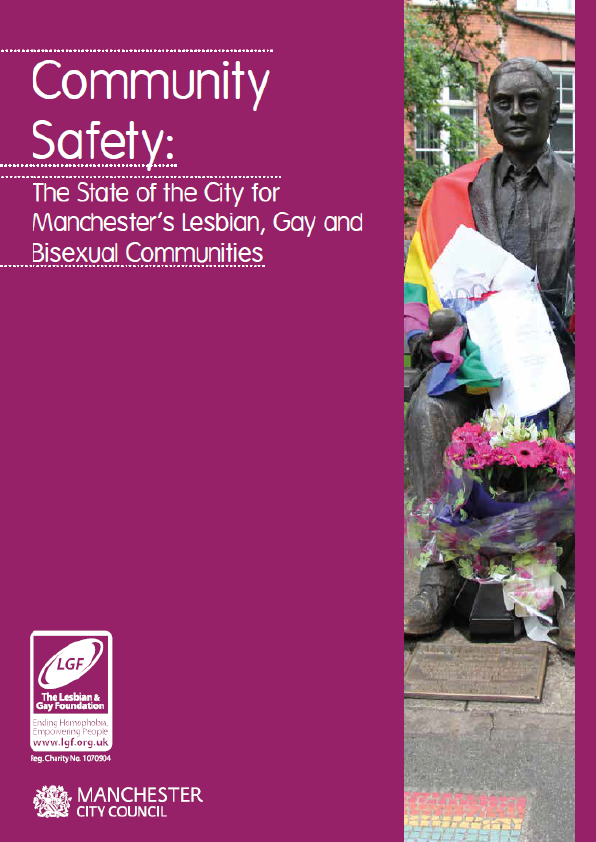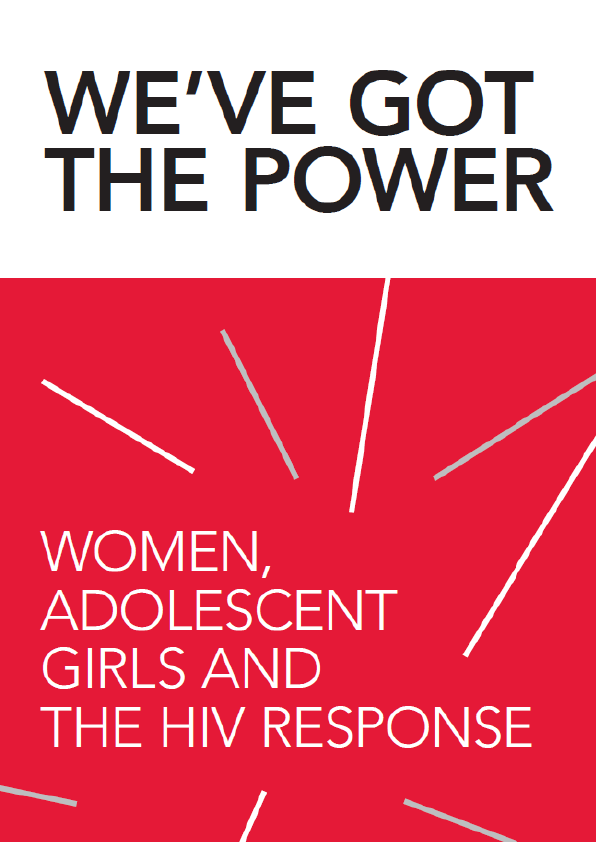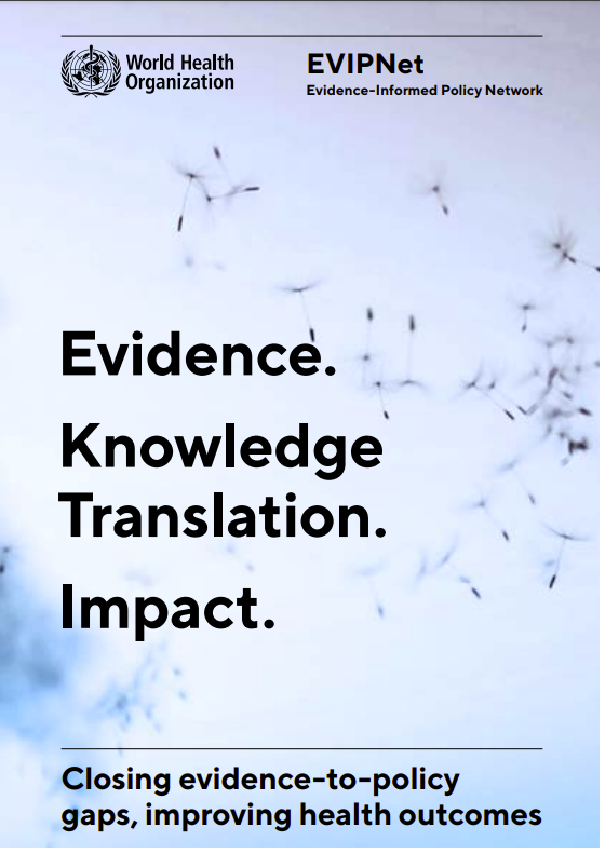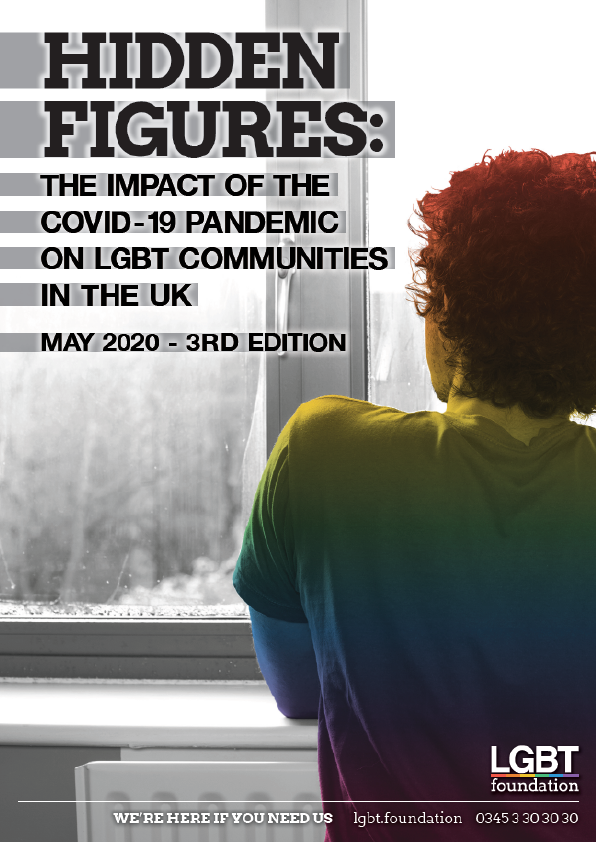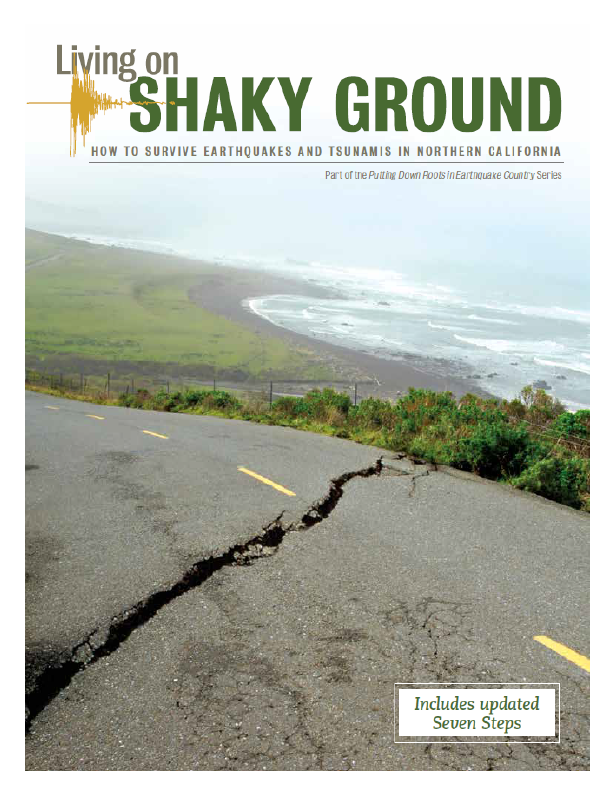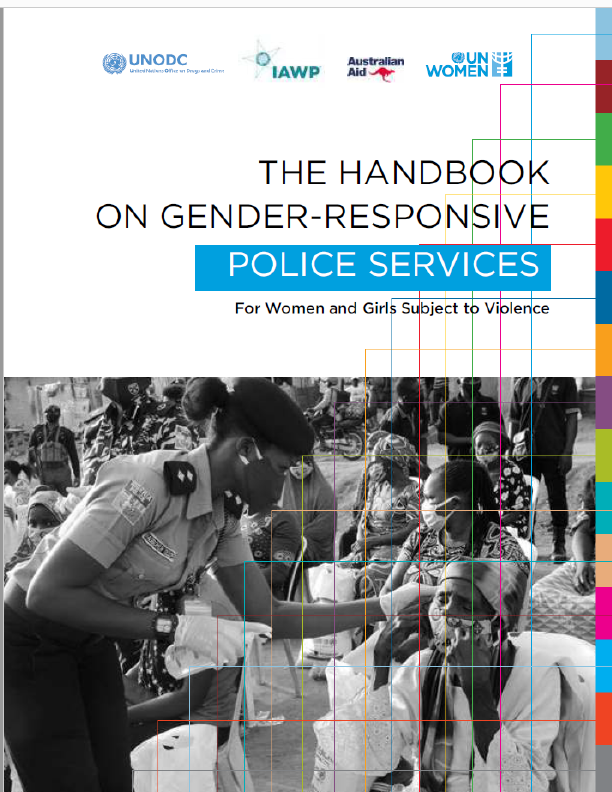‘Let’s stop thinking it is normal’
Identifying patterns in social norms contributing to violence against women and girls across Africa, Latin America and the Caribbean, and the Pacific
‘It is frightening to think that you may not get home alive one day.’ —Anita Guerrero, Nicaragua
One in three women will experience physical or sexual violence in her lifetime. Women and girls who experience multiple forms of discrimination, including women of colour, lesbian and transwomen, face increased levels of abuse. Whilst there is no single factor alone that causes violence against women and girls (VAWG), evidence shows some of the strongest and most consistent factors that predict VAWG are harmful social norms that contribute to gender inequality in different contexts.
Violence Against Women and Girls (VAWG)
Acid violence is considered gender-based violence in many countries as it affects women disproportionately. The Convention on the Elimination of all forms of Discrimination Against Women (CEDAW) describes gender-based violence as “violence that is directed against a woman because she is a woman or that affects women disproportionately”. Pakistan, India, Bangladesh and Cambodia have all ratified this convention yet are countries where acid violence is predominantly perpetrated by men against women.
Oxfam’s worldwide Enough campaign to end VAWG (the Enough campaign) aims to challenge and change the harmful social norms that justify abuse, to ones that promote gender equality and non-violence. The Enough campaign’s worldwide theory of change is underpinned by the belief that social norm change is possible when approached through holistic, long-term and multi-level gender transformative practice, and importantly that ordinary people have the power to drive that change.
The Enough campaign focuses on developing and delivering national campaigns based on formative research that identifies the most relevant social norm in that context. Campaigns are co-created with women’s rights organisations (WROs) and feminist activists, recognising these actors have the expertise in this area.
Currently 15 countries have launched national campaigns and the aim is to increase this to 30 countries. Campaign actions aim to sensitise and build the capacity of different stakeholders eventually supporting them to mobilise their communities with messages of non-violence and gender equality. Campaign actions include: street art installations, public theatre, modules on gender equality accessed by mobile phones, peer-to-peer discussions, social experiments, film festival awards, collaborations with musicians and advocacy activities. Regional and worldwide initiatives, including joint campaign moments, workshops with journalists and convening spaces with feminist campaigners, complement the national work.
This collated research report is based on formative research from 12 countries1 spanning Africa, Latin America and the Caribbean (LAC) and the Pacific. These research studies were used to inform the national and regional campaign design, planning and activities. This was not a globally coordinated study; hence the research methods and scope are diverse across the countries.
This report aims to:
• Identify dominant and common patterns in the social norms that perpetuate VAWG; and
• Demonstrate how formative research can be used to inform a campaign to influence behaviour change (case study from Bolivia’s campaign).
Three common patterns emerged from the national and LAC regional research studies.
